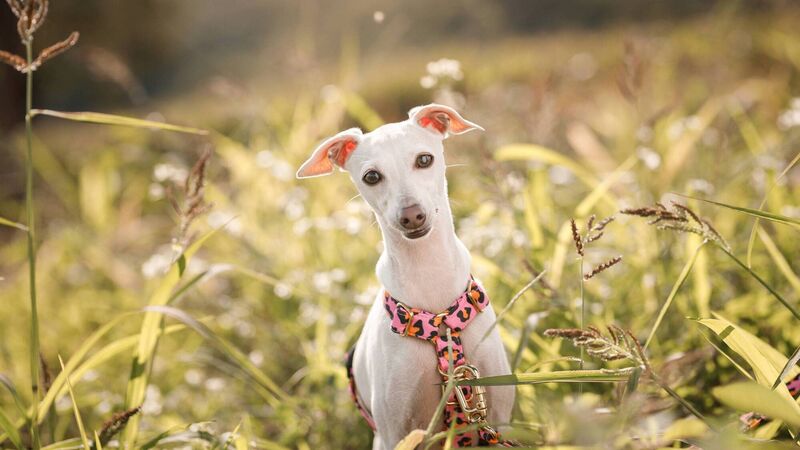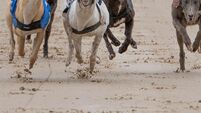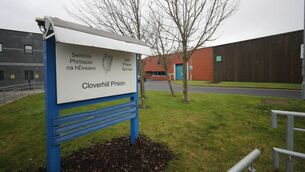Rehoming greyhounds 'more challenging' since end of pandemic

Greyhounds, as pets, generally live about 12 years on average so most will have several years of life remaining following their retirement from racing. File picture
Rehoming greyhounds has become “particularly challenging” since the end of the pandemic due to people having to return to the workplace, according to the body with responsibility for securing homes for retired racing dogs.
In its annual report for 2024, the Irish Retired Greyhound Trust noted that 1,100 retired greyhounds were rehomed last year.













